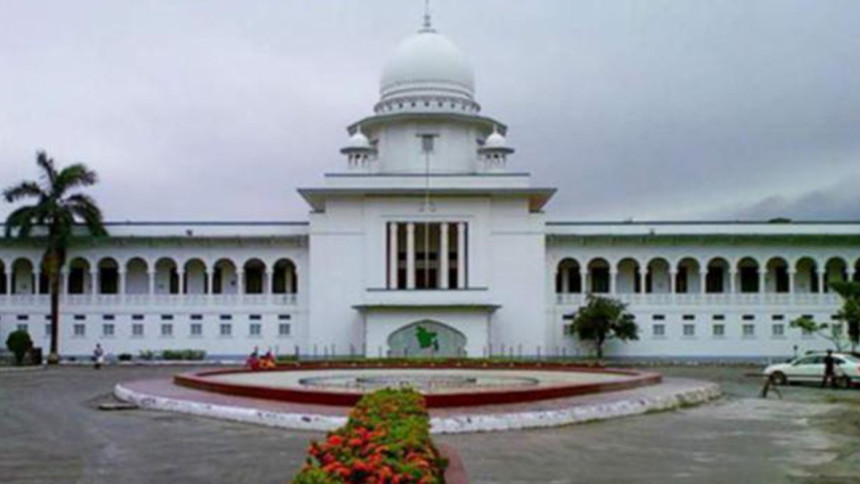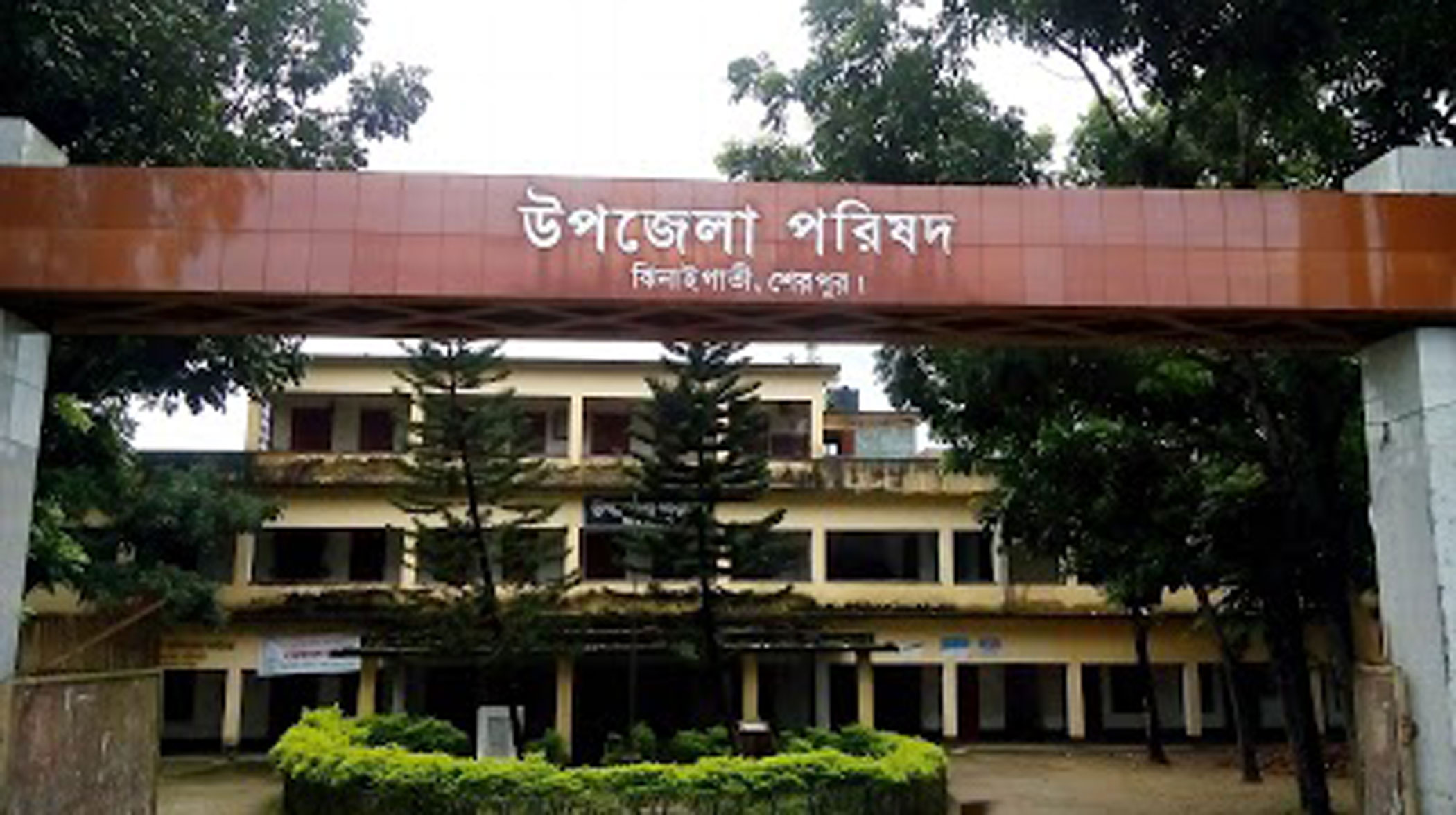How standing committees can keep upazila parishads responsible

The government should empower local government institutions rather than controlling them, according to Bangladesh's constitution, as unwanted interference from the central government prevents local entities, in particular the upazila parishads (UP), from operating with the spirit of self-governance. To this end, utilising standing committees to their fullest potential is a crucial step towards enhancing democratic institutions without undermining the administration.
According to the Upazila Parishad Act of 2011, standing committees serve as a crucial tool for preserving the openness and accountability of the upazila parishad. The Upazila Parishad Act 1998 (amended up to December 1, 2011) contains a provision, Section 29(1), for the creation of committees in consideration of the issue of accountability of the parishad's actions. Activation of committees can help the process of providing services to the underprivileged by leveraging the cooperation efforts of several departments. In fact, the committee's efficient operation may provide a variety of advantages for the efficiency of upazila parishads. The formation of relationships among members with diverse political ideas depends on the ability of committee members to have informal discussions.
In committees, representatives can carry out a variety of crucial tasks at once that might not otherwise be accomplished. These issues could involve monitoring executive branch operations, examining and reporting on the progress of various initiatives being implemented, and conducting special investigations. Committee members can have casual discussions about topics and build relationships with their fellow members who represent various interests, because committees operate under fewer formal regulations. This fosters a congenial atmosphere where quick consensus can be reached on technical changes to how things work as a whole and concessions on minor issues. Committee meetings serve as a place for negotiation and compromise. Experts and leaders from civil society may also get the chance to share their opinions in open forums.
The Upazila Parishad Committee still exists only on paper since departmental officers don't seem interested in rejuvenating the committee; instead, they seem more interested in holding departmental meetings. The member secretaries of the relevant committees do not demonstrate desire to speed up the process of the committees' functioning due to the enormous workload of departmental officials and lack of notification by their line ministries. Departmental officers who serve as member-secretaries to UP committees consider it practical to schedule regular meetings, but the very idea of local government is undermined by committee meetings held merely for the sake of holding meetings. Even meeting notices are typically not distributed well in advance.
Although they prepare agendas and communicate with the chair and other members, member secretaries do not have the most significant impact on how committees operate. It is quite challenging to guarantee the participation of union parishad chairs who are also members of other committees. The chairs continue to be extremely busy and show little to no interest in working on committees. In addition, the majority of chairpersons who serve as members of several UP committees lack a clear understanding of their respective duties. They express reluctance to attend the meetings because they believe the upazila parishad is not even a useful venue for realising their certain agenda. The majority of the time, it has been discovered, the chairs request the member secretaries for their signature whenever they are available in the upazila to do something else, rather than showing up to meetings.
The member-secretaries occasionally find it difficult to fulfil their duties due to the absence of the committee members. Most members are still unaware of the fundamentals of the UP committee structure. Plans recommended at meetings are not given priority. If there is no sense of ownership among the members, the effectiveness of the UP Committee cannot be predicted. Quorum at committee meetings has been identified as a significant obstacle to the committees' ability to function. Besides, it has occasionally been noted that member-secretaries fail to schedule committee meetings despite persistent requests from the committee chair.
Although the law gives clear instructions for the creation of 17 committees, the government did not allocate the money that is necessary for the committees to function. For instance, the majority of upazila parishads are unable to contribute monies to cover the costs associated with convening meetings for 17 committees. It is important to highlight that each committee's relatively modest meeting costs are maintained with Tk 100 from the upazila parishad's contingency budget. As a result, even in situations where committees have been established, the chairman and members do not show any desire to carry out their duties in a serious manner. Other factors contributing to the committees' underwhelming performance include the UP chairpersons, vice-chairpersons, and local administration's lack of initiative, coupled with a lack of political pressure and political skills necessary to plan and implement local development programmes, and absence of specific terms of reference for the committees.
The scope of training needs to be expanded to address the obstacles that are emerging as a result of inadequate comprehension and expertise regarding various committee topics. The training's primary goals are to give them a greater knowledge of the committees' significance to the upazila parishad and to improve their ability to handle problems arising from the committees' operation. The upazila parishad should consider suggestions made by the committees during the UP meeting on various subjects to motivate committee chairs and members. Due to the dominance of and total reliance on the central or national government, the limited or nonexistent participation of the marginalised portion in the decentralised authorities, and the absence of political commitment, the essence of decentralised local administration in Bangladesh is not very encouraging.
The committee members must ensure perseverance, steadiness, and sequential knowledge. Last but not least, strengthening the committee is the only way to maintain the upazila parishad's commitment to accountability and openness in the pursuit of equitable and sustainable rural development. Additionally, the local government serves as a representative member of parliament (MP), who is tasked with guiding the development of the local government authorities as an adviser. The UP chairman and members are expected to heed and put into practise the MP's recommendations. As a result, the committee's efficient operation may have a number of advantages for the efficiency of the upazila parishad.
The efforts of the government should be supported by technical and financial assistance from UN entities and like-minded donor organisations to improve preference of the committees of upazila parishad. Additionally, it must be ensured that people are directly involved in the formulation and execution of decisions if the development is to have true meaning. To make the committees effective for holding the upazila parishads accountable, there must be better communication between the local government and the local administration.
Dr Mohammad Tarikul Islam is a professor of Government and Politics at Jahangirnagar University, and a former visiting scholar at the University of Oxford, the University of Cambridge, Harvard University and SOAS University of London.
Views expressed in this article are the author's own.
Follow The Daily Star Opinion on Facebook for the latest opinions, commentaries and analyses by experts and professionals. To contribute your article or letter to The Daily Star Opinion, see our guidelines for submission.




 For all latest news, follow The Daily Star's Google News channel.
For all latest news, follow The Daily Star's Google News channel. 


Comments